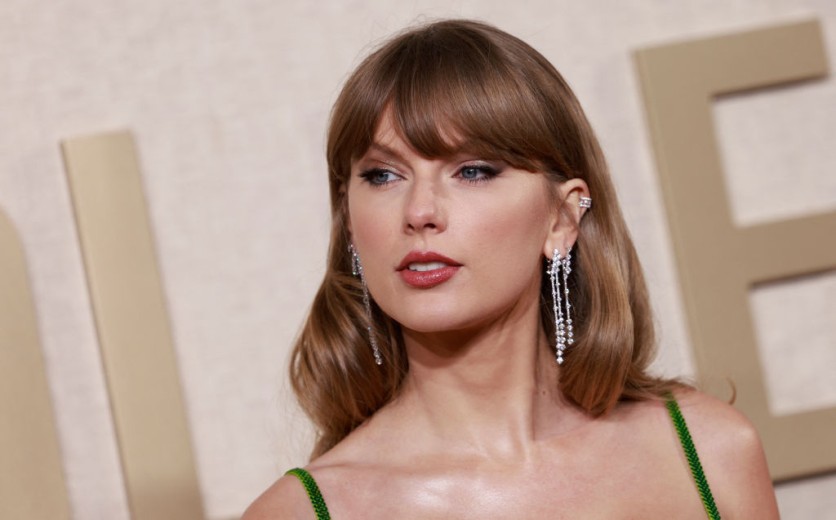Fake sexually explicit images of Taylor Swift, generated using artificial intelligence, have surfaced on social media, raising concerns about the lack of regulations around the nonconsensual creation of such content.
Known as "deepfakes," the images depict the pop superstar in sexualized positions at a Kansas City Chiefs game, referencing her well-publicized relationship with tight end Travis Kelce. The origin of these images remains unclear, but they gained traction on X, where the hashtag "Taylor Swift AI" trended with over 58,000 posts, the New York Post reported.
An Alarming Trend Targeting Celebrities
Reports suggest that the Taylor Swift deepfake images may have originated in a Telegram group where users share explicit AI-generated pictures, often using Microsoft Designer. The group members allegedly made jokes about the images circulating on X. Despite explicit policies against synthetic and manipulated media and nonconsensual nudity, X has not responded to inquiries, per The Verge.

According to Hindustan Times, Taylor Swift's devoted fan base, Swifties, immediately reacted to the disturbing images, attempting to bury the trending Taylor Swift deepfake issue with unrelated social media posts.
Taylor Swift is not the sole victim of this alarming trend of AI deepfakes, as other notable figures, including TikTok star Addison Rae, have faced similar attacks with deepfake videos manipulating their faces and voices. This invasive content parallels the challenges celebrities endure due to hacking, resulting in distress and unfair exploitation of their image without consent.
US Government Taking Actions to Regulate AI Misuse
The Taylor Swift deepfake incident underscores the genuine difficulty in preventing the creation and dissemination of deepfake porn and AI-generated images depicting real individuals. While certain AI image generators impose restrictions to avoid producing nude, pornographic, and highly realistic celebrity images, many others lack explicit measures against such content.
The responsibility of preventing the spread of fake images falls on social platforms - a challenging task even under optimal conditions and particularly daunting for a company like X, which has significantly reduced its moderation capabilities.
Meanwhile, the legal system has yet to catch up with this emerging threat, with no federal crime covering AI-generated explicit content. US President Joe Biden issued an executive order in October aimed at regulating AI, preventing generative AI from producing nonconsensual intimate imagery and child sexual abuse material. Some US states, including Texas, Minnesota, New York, Hawaii, and Georgia, have made nonconsensual deep-fake pornography illegal, but challenges persist.
At the federal level, efforts are underway to address the alarming issue concerning artificial intelligence. Representatives Joseph Morelle and Tom Kean reintroduced the "Preventing Deepfakes of Intimate Images Act," which seeks to make the nonconsensual sharing of digitally altered explicit images a federal crime with penalties like jail time or fines. The bill awaits a decision from the House Committee on the Judiciary.
Related Article : Pope Renews Comments on AI: 'Can Never Replace Wisdom of Human Heart'

ⓒ 2026 TECHTIMES.com All rights reserved. Do not reproduce without permission.




